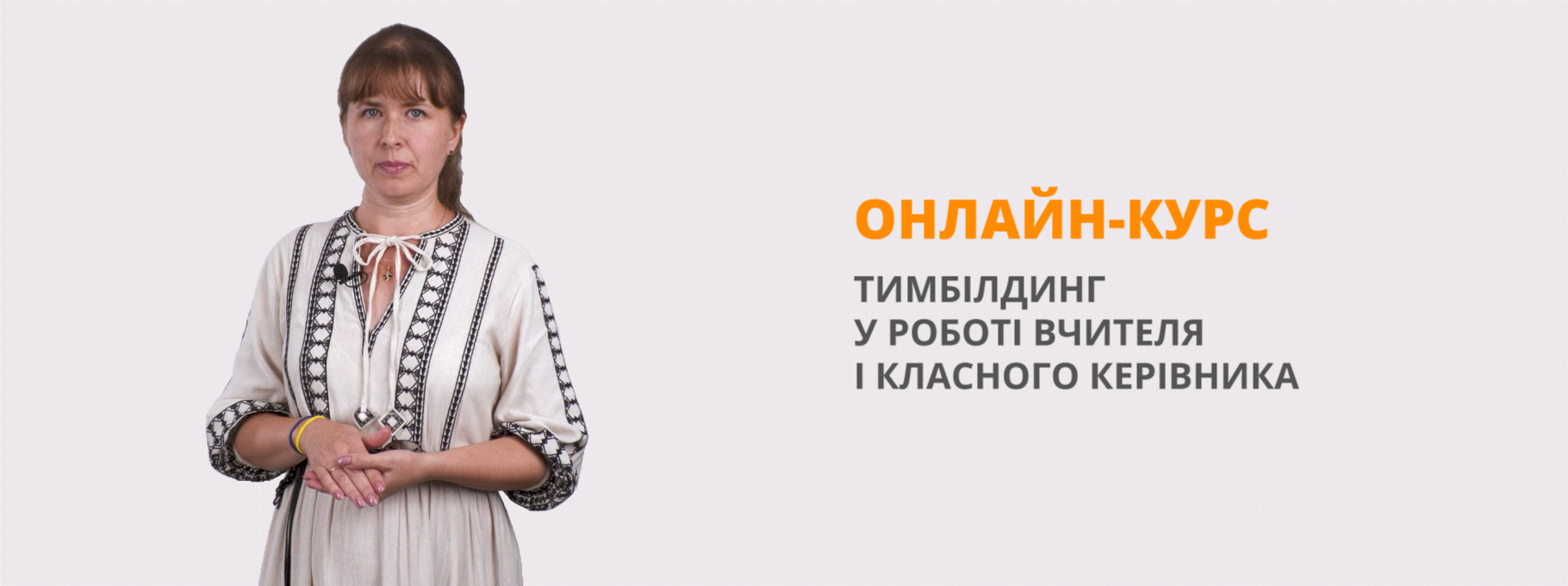Конспект уроку-проекту з англійської мови у 6 класі з теми: "Save our planet".
Жовтоводська середня загальноосвітня школа №10


Вчитель І категорії
англійської мови
Лукаш Наталії Михайлівни
Мета уроку:
Навчальна:- Узагальнити основні поняття про
забруднення середовища, повітря, води та грунтів, збагачування учнями лексичних одиниць з теми: «Save our planet» через презентацію міні проектів, підготовлених групами учнів; розвиток мовленнєвих навичок за вивченою темою; вдосконалення навичок аудіювання та читання.
Розвивальна:- розвиток метапредметних вмінь:
- вміння узагальнювати та систематизовувати;
- організовувати співпрацю;
- оцінювати результати роботи;
- використовувати ІКТ;
- розвивати творчі здібності в інсценізуванні екологічної казки «В гостях у королеви Лісу» розвивати здатність здійснювати продуктивні мовні дії, розвиток комунікативного мовлення і розвиток кругозору учнів.
Виховна:- виховувати культуру спілкування з теми:
«Save our planet», відповідальність за результат своєї праці, бережливе ставлення до навколишнього середовища, любові до природи, бережливості.
Психологічна:- підвищення рівня мотивованості у
вивченні іноземної мови.
Обладнання уроку: зошит, відеофільм, роздатковий
матеріал, презентація на тему: «Save our planet», казкові герої до інсценування екологічної казки «В гостях у королеви Лісу».
Хід уроку
Procedure
- Organization moment (Організаційний момент)
Teacher: Red, yellow, green and blue!
Hello, children! How are you?
It’s o’k. Thank you.
Red, yellow, green and blue!
Hello, teacher! How are you?
It’s o’k. Thank you. Sit down!
2. Ознайомлення з темою уроку.
a) Aim and practical skills.
Teacher: Children, we must see the blackboard and presentation and
say: What is the theme we must discus today? Pupils: «Save our Planet».
Teacher: Yes, we are discussing theme: «Save our Planet».
Today the problem of the environment is much spoken about on TV, radio, and in the newspaper. I think there are a lot of ways we can help to save the Earth. We must discuss different questions:
- What is the planet Earth?
- Why do we have to protect nature?
- What are the most serious environmental problems?
- What ecological organizations help to protect nature?
- What ways can we help the Earth?
(Перша група дітей виходить до дошки і розповідають розповідь-вірш про планету Земля за власними презентаціями.)
Teacher: Look at the first monitor from presentations and the first
group is telling about the planet Earth.
Слайд 1.
Pupil 1: The Earth is a garden.
It is a beautiful place.
For all living creatures
For all human race.
Pupil 2: Food is a treasure
From the soil and the seas
Clean fresh air
From the plants and the heels.
Pupil 3: Helping mother Earth
We can peacefully roam
We all deserve a place
We can call our home.
Pupil 4: The warmth of the sun.
Turns water into rain.
It is nature way!
Teacher: (вчитель перекладає вірш.)
№1. Планета Земля – це сад,
Це чарівне місце,
Для всіх живих істот,
Для всіх різних людей.
№2. Їжа – це скарб,
Для грунтів та морів,
Чистого свіжого повітря,
Для рослин та тварин.
№3. Допомогає матінка Земля (Планета),
Бути нам миролюбивими,
Всі ми заслуговуємо місце під сонцем,
Заслуговуємо на дім.
№4. Теплом сонячного проміння
Вода перетворюється в дощ.
Це одне з явищ природи!
Teacher: Look! We must learn and mead new words: (Діти читають і обговорюють Л. О за монітором.)
Слайд 2. Eco-vocabulary: pollution, habitat, smog,
garbage, environment, greenhouse effect, living creatures, air, water, litter, ozone layer, destruction, extinct, climate, rainforests, overcrowding.
Слайд 3: We must blackboard and do the exercise 1.
Teacher: Match the words and make up own sentences:
- chemical a) waster
- industrial b) problems
- ecological c) protection
- drinking d) pollution
- environmental e) resources
- natural f) water
Keys: 1-d); 2-a); 3-b); 4-f); 5-c); 6-e).
Слайд 4.
Ex: 2. Fill in the blanks with the words from the box. (Текст речень записаний на дошці, діти повинні встановити слова на карточках і утворити речення.) Words: ecological, wastes, pollution, environmental.
![]() Words: ecological, wastes, pollution, environmental.
Words: ecological, wastes, pollution, environmental.
1. Industrial… get into the air and water.
- John is an… specialist.
- They discuss the ecological problems of the town: the level of the air and water… radiation.
- …problems in a big city course.
Слайд 5. T: I want to invite two groups that say what problems do
we have of mankind today and say about the air pollution.
Слайд 6.
Pupil 1: The main problem of mankind today is polluted environment in which we live. (Головні проблеми людства сьогодні – це забруднення середовища, в якому ми живемо.)
Слайд 7.
Pupil 2: Air pollution. The main sources of air pollution are factories
and transportation.
Air polluted is a threat to all life. It covers large areas and easily comes in various countries.
(Основними джерелами забруднення повітря є завжди транспорт. Забруднення повітря становить загрозу вьому живому. Він охоплює великі площі і легко потрапляє до різних країн.)
Слайд 8-10.
Pupil 3: The consequences of air pollution have become problems
such as global warming, acid rain and the formation of ozone holes. To prevent pollution and environmental problems need to install treatment plants in industrial plants that would reduce emissions of chemicals. (Наслідками забруднення повітря стали такі проблеми, як: глобальне потепління, кислотні дощі та формування озонових дір.)
T: Now we are watching the film “Air pollution.” (Діти ми зараз подивимося фільм про забруднення середовища.)
Слайд 11-13.
Виходять діти 3-тьої групи і розповідають про забруднення води.
Group №3
Слайд 14. Water Pollution
Pupil 1: The main sources of water pollution are industrial
enterprises which dumped in rivers and reservoirs of domestic waste and radioactive substances.
Polluted water is unusable for drinking, bathing and watering plants.
(Основними джерелами забруднення води є відходи промислових підприємств, які скидаються в річки та водойми неочищених стічних вод. А також побутових і промислових відодів радіоактивних речовин. Забруднена вода є непридатною для пиття, купання і поливу рослин.)
Слайд 15.
Pupil 3: Polluted water of the river carry in the seas and oceans.
Which and so soil pollution from accidents pipelines and tankers that transported it. (Забруднена вода з річок потрапляє в моря і в океани. Які і так забруднені від нещасних випадків трубопроводів і танкерів, що транспортують її.)
Pupil 4: The main measures struggle aganist water pollution are
sewage treatment entering the reservoir.
Слайд 16. Of great importance is the introduction of modern
drainless of technologies in industrial production.
Teacher: I invite the group number 4. They are telling for about soil
pollution.
Слайд 17. Group №4
Pupil 1: Soil pollution is the result of economic activities in the past
and now. (Забруднення грунту пов’язане з економічною діяльністю в минулому і зараз.)
Pupil 2: Most often the soil is polluted metals and organic materials,
oils, tar, pesticides, explosives and toxic substances, radioactive and other harmful products.
Слайд 18.
Pupil 3: The source is industrial or household waste disposal in
certain places, or unauthorized landfills. (Джерелом забруднення грунту є промислова або побутова утилізація відходів у певних місцях або несанкціоновані звалища.)
3. Speaking.
Слайд 19.
Teacher: Children, now we are listening the ecological fairy tale “Guess into wood queen! В гостях у королеви Лісу.”
“Visiting the Queen of the forest.”
(Діти обговорюють, що можна або слід чи неслід робити в лісі утворюють речення з модальними дієсловами (should; shouldn’t)).
T: We make up the sentences with the modal verbs: should or shouldn’t.
T: Read the word-combinations and make up the sentences.
For example:
- I shouldn’t break trees in the forest.
- I shouldn’t pick lots of flowers in the forest.
- I should plant trees in the forest.
- I shouldn’t put away litter in the forest.
- I shouldn’t cut and draw on trees in the forest.
Слайд 21. (Додаток.) Вчитель читає текст “Green Peace”. (Діти
пишуть аудіювання.)
Listen to the text “Green Peace”
- True or false.
- Green Peace is an international organization.
- It takes care of nature.
- Green Peace was established in 1961.
- It was organized by a group of North-American activists.
- Green Peace has its offices in many countries.
- Green Peace hasn’t got its office in Ukraine.
Keys: 1.True. 2.True. 3.False. 4.True. 5.False. 6.False.
Слайд 22. What should we do?
![]()
![]() We must say: Match the sentences and the pictures.
We must say: Match the sentences and the pictures.
(Name all things you should do to help Earth and you shouldn’t do.)
- Unplug the TV.
- Brush your teeth but turn off the tap.
- Give old clothes to the Charity….
- Walk or ride your like to school.
- Put the litter into the bin.
- Plant a tree.
- Feed birds in winter.
- Don’t surf at night.
- Switch off the light.
Keys: 1-e); 2-c); 3-h); 4-g); 5-a); 6-d); 7-j); 8-f); 9-b).
Слайд 23. Учень зачитує poster про довготривалість сміття.
Pupil: “Litter lasts.”
- A traffic ticket lasts 1 month.
- A banana peel lasts up to 3 months.
- A wool sock – 1 year.
- Wooden stakes – 4 years.
- A wax paper cup – 5 years.
- Tin cans – 100 years.
- Aluminum cans – up to 500 years.
- Glass containers – they never decay.
- Painted wooden stakes – 13 years.
In 2009 each person in Komsomolsk-na-Amure threw away about 1 kilogram of trash every day.
- Summarizing up.
Підсумок уроку.
T: Children we must remember we must protect our nature every
time every day and every year, because it is our life, and we must protect our planet and environmental everywhere.
Our lesson is over. I think do you like our lesson?
Yell about the questions:
Why do we have to protect nature? (Because we live here.)
T: We must enjoy fresh air, we must drink clean water and eat fresh
or useful fruit and vegetables.
T: - Well, you work hard. Your marks are….
Homework. Make up the project work “Our planet Earth.”
(Ex: p. (чит.); Ex: p. (пис.) А. Несвіт.)
2018


про публікацію авторської розробки
Додати розробку
